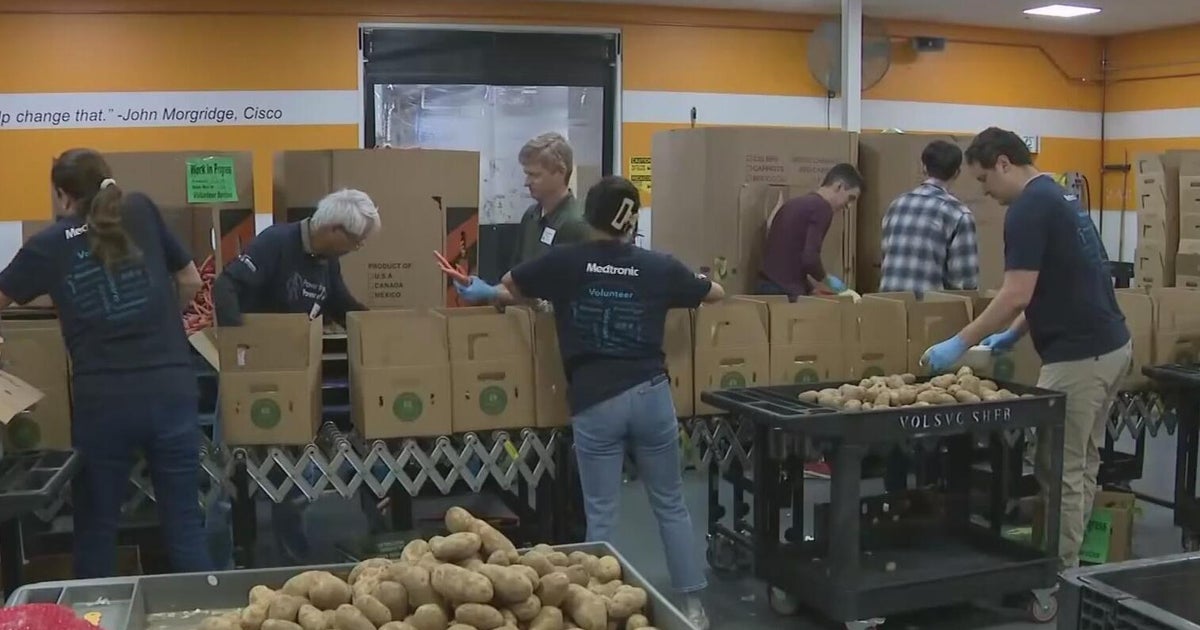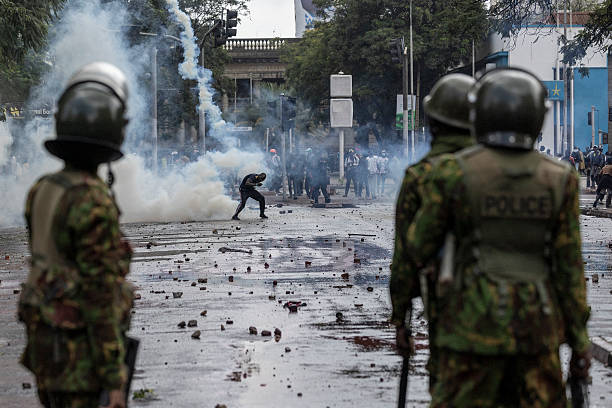Trump's 'Big Beautiful Bill' Legislative Progress and Economic Impact

President Donald Trump's comprehensive legislative proposal, the 'One, Big, Beautiful Bill Act' (OBBB), a sprawling 940-page document, is racing towards a self-imposed July 4 deadline for passage. The Senate recently advanced the multi-trillion dollar bill in a narrow 51-49 procedural vote on June 28, 2025, initiating a debate period that promises to be lengthy, as Democratic Leader Chuck Schumer has defiantly pledged to have the entire measure read aloud, a process estimated to take at least 15 hours. This tactic aims to slow its passage and reveal the bill's contents to the American public.
The OBBB encompasses a vast array of policies and spending initiatives. It seeks to make Trump's 2017 tax cuts permanent, end taxation on tips and overtime, and significantly boost border security funding. A key provision also raises the cap on federal deductions for state and local taxes (SALT) to $40,000 for five years, with an annual 1% inflation adjustment through 2029, though it phases down for those earning over $500,000 annually. Conversely, the bill proposes deep cuts to several federal programs, notably the Supplemental Nutrition Assistance Program (SNAP) and Medicaid. It aims to reduce federal spending for SNAP, shifting much of the financial responsibility to individual states, and introduces work requirements and co-pays for Medicaid, while also including a $25 billion fund to support rural Medicaid providers from 2028 to 2032. Furthermore, the legislation scraps green-energy tax credits passed during the Biden administration, requiring wind and solar projects to be 'placed in service' by the end of 2027 to receive incentives. It also includes a plan to sell up to 1.2 million acres of Interior Department land in 11 western states for housing and community development, which could raise up to $6 billion. To accommodate these provisions, the bill would necessitate raising the debt ceiling by approximately $5 trillion.
The bill has drawn significant criticism and sparked widespread concern, particularly regarding the proposed cuts to food assistance and healthcare. Leaders of five major Bay Area food banks, including Leslie Bacho of Second Harvest of Silicon Valley, have warned that the SNAP cuts represent the 'greatest rollback in food assistance in modern U.S. history.' They highlight a 'clear and present danger' for 175,000 households in the Bay Area to lose SNAP benefits, emphasizing that 'one in four children in California rely on SNAP' and that the program serves as a critical 'foundation for stability and dignity' for seniors, people with disabilities, and struggling families. Twenty-three governors have also cautioned that shifting financial responsibility to states will dramatically reduce access to critical food assistance. Critics have described the bill as 'cruel' and a 'murder-suicide pact' between Republicans and the American people, noting that some lawmakers, including Marjorie Taylor Greene, have admitted to voting for the House version without full knowledge of its contents. Even President Trump expressed his dislike for the 'green tax credits' buried within the bill.
Political divisions and infighting within the Republican party have marked the bill's journey. Senators Thom Tillis (R-NC) and Rand Paul (R-KY) initially opposed the procedural vote, with Ron Johnson (R-WI) flipping his vote at the eleventh hour. Trump has publicly lashed out at Tillis and Paul for their dissent, even threatening to primary Tillis. The bill passed the House by a single vote in May, and the Senate version faces tight margins, with only three Republican votes allowed to defect for it to pass. The comprehensive nature of the bill also presents significant investment implications. For healthcare, despite the rural hospital fund, the Congressional Budget Office (CBO) predicts millions fewer insured Americans, suggesting a negative impact on hospital chains. Renewable energy firms are expected to suffer from the elimination of EV tax credits and other incentives, leading to recommendations to avoid pure-play renewables and consider rotation into fossil fuel giants. Conversely, the bill's $350 billion allocation for national security is expected to create a boom for defense contractors and private prison companies. The expanded SALT deduction may positively impact real estate in high-tax states. Investors are advised to diversify, monitor volatility, and stay informed on amendments and CBO reports as the bill continues its contentious path towards the Independence Day deadline, which is set to reshape various sectors and financial markets.
You may also like...
Should There Really Be More Women in Africa's Parliaments?

Is there actually a need for women to contribute to policies and laws in African parliaments?
Eye in the Sky: Which African Countries Own Their Own Satellites?

Which African Countries Are in Space, and Why?
The Murder of Stephen Amoah: Lessons From Ghana in Crime Scene Investigation

What progress has been made in Africa in crime scene investigation, and what can the Stephen Amoah murder case in Ghana ...
Revolution vs Reform: What Africa Really Needs

This powerful piece explores the continent’s youth-led demands for dignity, accountability, and impact. From Burkina Fas...
The Next Silicon Valley? The Rise of Africa's Digital Creator Economy

A new wave of African entrepreneurs is leveraging social media platforms, digital art, and online communities to build b...
Africa’s Unity; A Lie We Like to Tell Ourselves?

Despite decades of Pan-African rhetoric, visa restrictions, xenophobia, and protectionism continue to divide the contine...
The African Podcast Boom: How Storytelling is Redefining Media Across the Continent
.png)
African podcasts are reshaping storytelling, blending tradition with digital innovation. Explore how creators amplify vo...
Youth Rising in Nairobi: The Protest Over a Life Taken Too Soon

A new sound is rising from the streets of Nairobi—not of political slogans dictated from podiums, but of chants shaped b...



